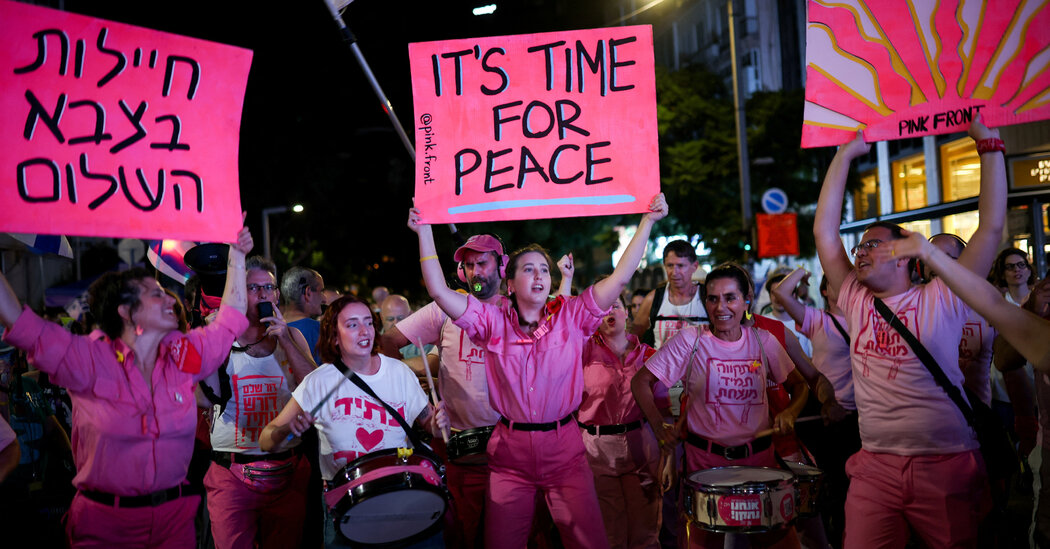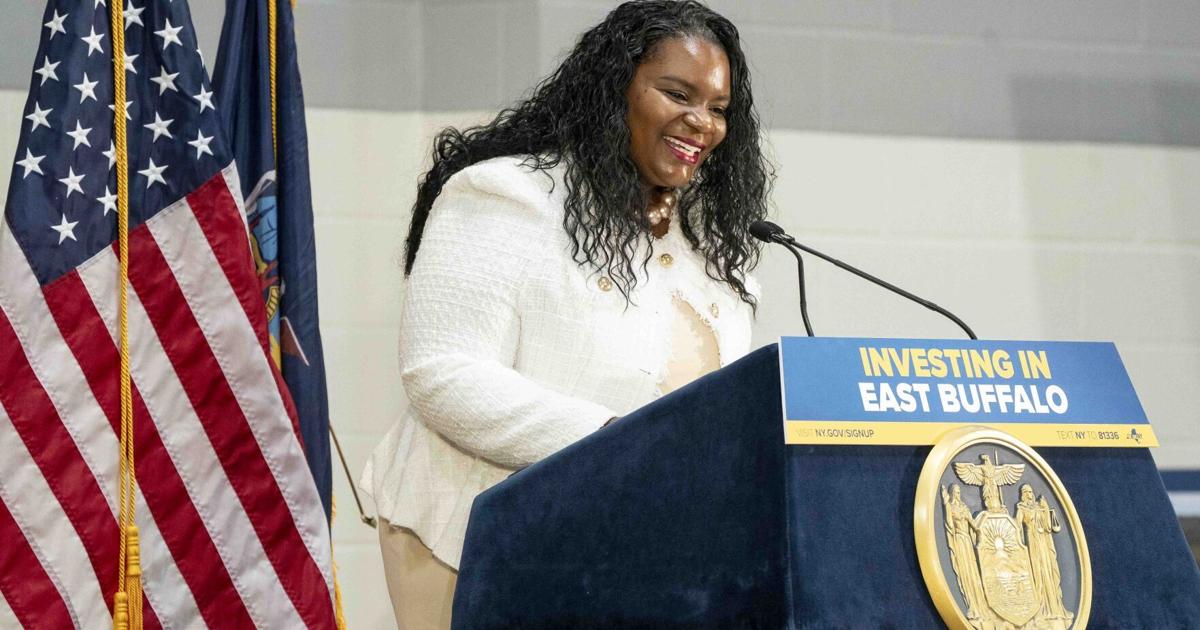Copyright The New York Times

The crowd that filled Rabin Square in Tel Aviv on Saturday night to remember Yitzhak Rabin, the Israeli prime minister gunned down there by a right-wing extremist 30 years ago, was not particularly impressive. There were maybe 50,000 people, many of them middle-aged or older. What stood out was not the turnout, but the frequent uttering of a word that has seldom been heard in large political gatherings in Israel in recent years. “Yes to peace, no to violence!” people chanted. “Pursuing peace is a Jewish act,” declared Yair Lapid, the leader of the opposition and head of the centrist Yesh Atid party. Mr. Rabin “knew that peace is not weakness, but strength and power,” said Yair Golan, a former general who leads the left-wing Democrats party. The Rabin assassination, on Nov. 4, 1995, brought the Oslo peace process to a violent halt. It also made “peace” a dirty word in Israel’s steadily right-drifting politics, a telltale of naïveté — or, even worse, of leftism. Now, of course, a new kind of peace process is underway, with a determined Trump administration and its allies in the Muslim world seeking to broaden a tenuous cease-fire between Israel and Hamas into something more. Thank you for your patience while we verify access. If you are in Reader mode please exit and log into your Times account, or subscribe for all of The Times. Thank you for your patience while we verify access. Already a subscriber? Log in. Want all of The Times? Subscribe.



